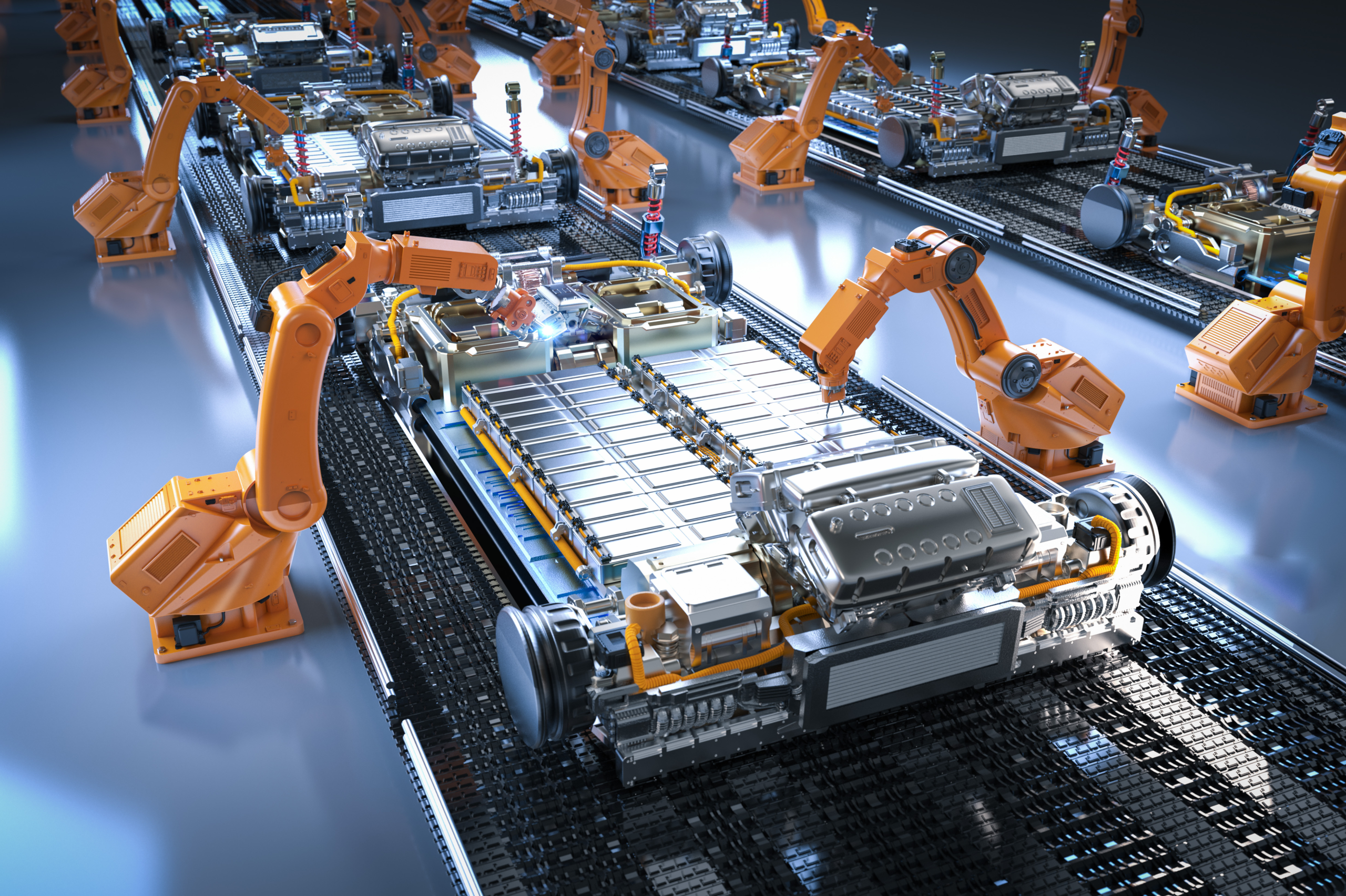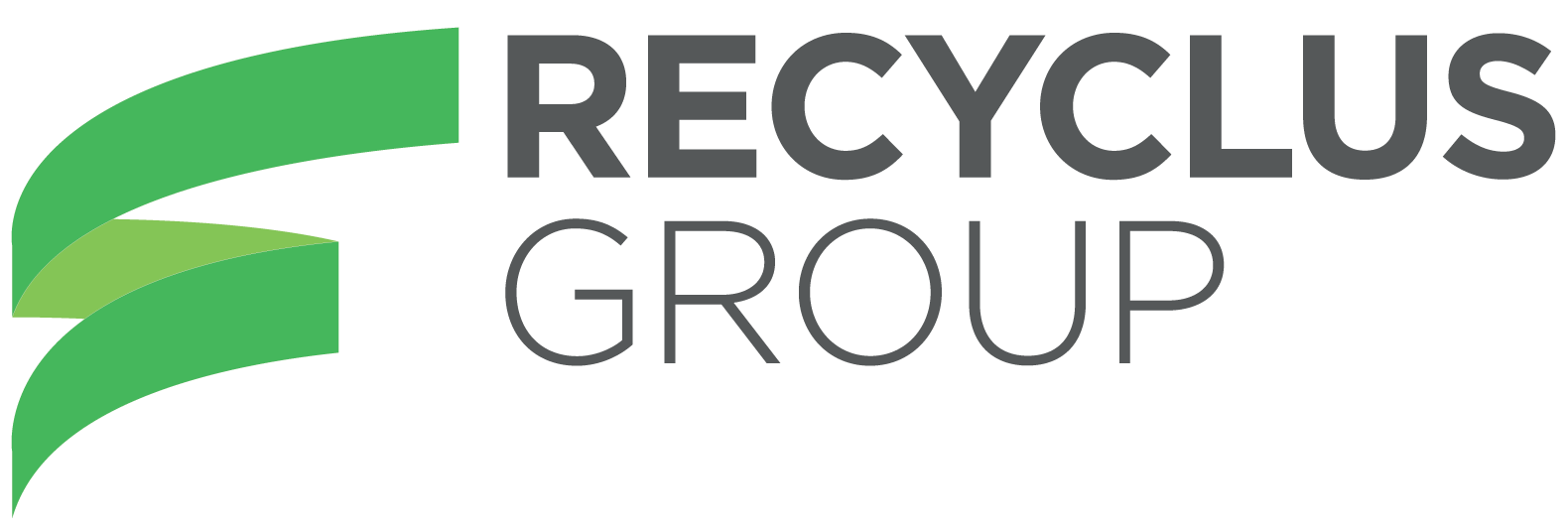The Black Mass Boom: Why Lithium-Ion Battery Recycling Is Powering a Global Market Surge

For stakeholders in the lithium-ion battery ecosystem, this is more than a trend. It’s a timely and necessary solution to one of the most pressing challenges of the energy transition – how to responsibly manage the wave of end-of-life batteries from EVs, consumer electronics, and battery energy storage systems (BESS).
Black Mass: The New Resource Frontier
At the heart of this market is black mass, the mineral-rich powder produced from shredding end-of-life batteries, containing high concentrations of valuable metals such as lithium, cobalt, nickel, and manganese. These materials are essential for battery manufacturing and increasingly difficult to source through traditional mining methods.
According to the report, lithium-ion batteries comprised over 71% of black mass recycling revenues in 2024, driven by their prevalence across sectors.
The automotive industry led the charge, accounting for 55.1% of the battery source segment, thanks to the surge in EV adoption worldwide. As these batteries reach the end of their lifecycle, the black mass they yield becomes a vital feedstock for the next generation of battery materials.
The Circular Advantage
This shift toward recycling is not only economic but strategic. Rising raw material prices and growing supply chain volatility have made traditional mining less attractive. Extracting metals from black mass offers a lower-cost, lower-emission alternative. Countries and manufacturers that prioritise this route are safeguarding access to critical minerals while reinforcing domestic supply chain resilience.
The report highlights nickel as a particularly high-growth segment, with a CAGR of 17.1%, driven by demand for high-energy density battery chemistries. This adds further impetus to invest in black mass recovery infrastructure capable of separating and refining metals to battery-grade purity.
A Global Effort, With Asia in the Lead
Asia Pacific continues to dominate the global black mass recycling market, with 67.9% market share in 2024. Countries like China, South Korea, and Japan are benefiting from a strong battery manufacturing base and aggressive policies that support recycling and circular economy principles. Europe and North America are rapidly scaling to keep pace, driven by emerging regulation and rising investor pressure to decarbonise value chains.
In the European Union, regulatory instruments such as the Battery Regulation and minimum recycled content mandates are proving to be powerful levers. These frameworks are pushing producers to integrate recycling into product design and supply contracts, accelerating the shift to closed-loop systems.
The Positive Outlook for Lithium-Ion Battery Recycling
The future of black mass recycling is strong, with Recyclus Group already delivering real-world impact. Since July 2023, Recyclus has been operating its industrial-scale lithium-ion battery recycling facility, consistently processing end-of-life batteries into high-quality black mass. Using proprietary technology with IP ownership, we’re recovering critical materials such as lithium, cobalt, nickel, and manganese with high efficiency and minimal environmental impact.
With major commercial contracts secured and volumes steadily rising, Recyclus is well-positioned to support growing demand across the battery supply chain. As the industry shifts towards circular, domestic solutions, Recyclus offers a proven, low-carbon alternative to mining, strengthening resource security and advancing the UK’s clean energy transition.
